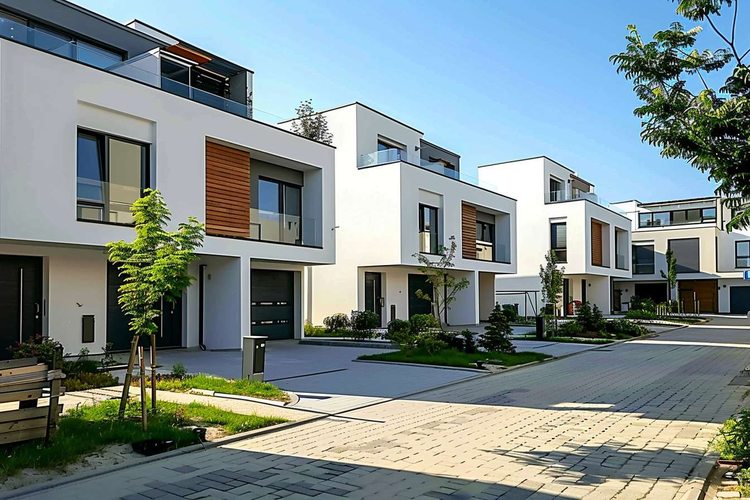What Every Homeowner Should Know About Property Value
Understanding what drives property value is essential for any homeowner, whether you’re thinking of selling, refinancing, or simply investing in your future. This article breaks down the key factors that influence your home’s worth, from location and market trends to renovations and upkeep. By gaining a clear picture of how property values are assessed, you can make smarter decisions to protect and grow your investment with confidence.

How Does Location Impact Property Value?
Location remains the most significant factor in determining home value. Proximity to amenities, quality of local schools, and neighborhood safety directly affect property prices. Urban areas typically command higher values due to convenience and employment opportunities, while suburban locations might offer better value for square footage. Access to public transportation, shopping centers, and recreational facilities can significantly boost property values in any location.
What Market Trends Influence Home Values?
Real estate values fluctuate based on broader economic conditions, including interest rates, employment levels, and housing supply and demand. Local market conditions, such as new development projects or changes in zoning laws, can impact neighborhood values. Understanding these trends helps homeowners time major decisions about buying, selling, or renovating their properties.
How Do Home Improvements Affect Property Worth?
Strategic renovations can substantially increase home value. Kitchen and bathroom updates typically offer the highest return on investment, while basic maintenance prevents value depreciation. However, not all improvements yield equal returns. Energy-efficient upgrades, modern appliances, and updated HVAC systems often provide better value than purely aesthetic changes.
What Role Does Property Condition Play?
Regular maintenance is crucial for preserving home value. Issues like structural problems, outdated systems, or poor curb appeal can significantly decrease property worth. Professional inspections and timely repairs help maintain value and prevent costly future problems. Well-maintained homes typically sell faster and command higher prices than those requiring extensive repairs.
What Are Unique Value Factors in the U.S. Market?
The American housing market has distinct characteristics affecting property values. These include:
-
Property tax variations by state and county
-
Local building codes and zoning regulations
-
Regional architectural preferences
-
Climate considerations and natural disaster risks
-
School district rankings
-
Historical designation potential
Understanding Current Property Values and Market Rates
| Market Type | Average Home Value | Annual Appreciation Rate |
|---|---|---|
| Urban Core | $450,000 - $750,000 | 3-5% |
| Suburban | $350,000 - $550,000 | 4-6% |
| Rural | $200,000 - $400,000 | 2-4% |
Prices, rates, or cost estimates mentioned in this article are based on the latest available information but may change over time. Independent research is advised before making financial decisions.
Property values remain dynamic, influenced by both controllable and external factors. While location and market conditions set the baseline, homeowners can actively maintain and improve their property’s worth through strategic improvements and proper maintenance. Regular assessment of these factors helps ensure informed property decisions and optimal investment returns.




